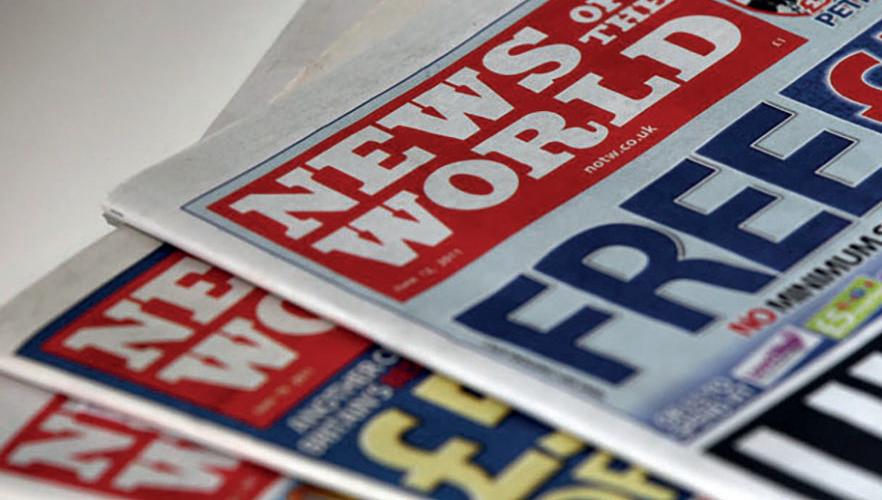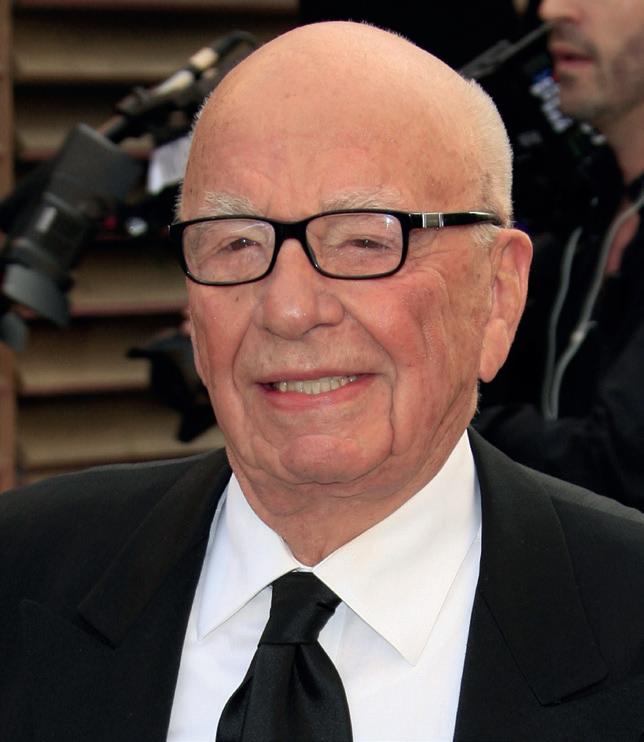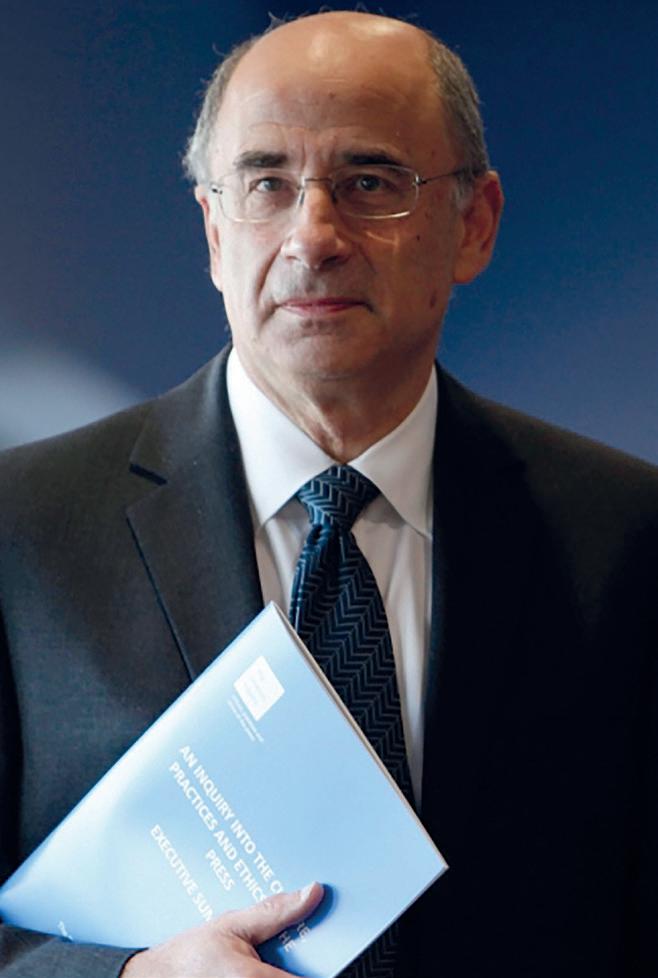
3 minute read
ILLEGAL DATA GATHERING
Phone hacking is the practice of exploring a mobile device often using computer exploits to analyse everything from the lowest memory and CPU levels up to the highest file system and process levels. Modern open source tooling has become fairly sophisticated as to be able to “hook” into individual functions within any running App on an unlocked device and allow deep inspection and modification of its functions.
Phone hacking is a large branch of computer security that includes studying various situations exactly how attackers use security exploits to gain some level of access to a mobile device in a variety of situations and presumed access levels.

The term came to prominence during the News International phone hacking scandal, in which it was alleged (and in some cases proved in court) that the British tabloid newspaper the News of the World had been involved in the interception of voicemail
News International
The News International phone hacking scandal was a controversy involving the now-defunct News of the World and other British newspapers owned by Rupert Murdoch. Employees and freelancers of the newspaper were accused of engaging in phone hacking, police bribery, and exercising improper influence in the pursuit of stories.
It was the Daniel Morgan murder that exposed the story of collusion and corruption, and investigations conducted from 2005 to 2007 appeared to show that the vast network of the paper’s phone hacking activities.
In July 2011 it was revealed that the phones of murdered schoolgirl Milly Dowler, relatives of deceased British soldiers, and victims of the July 7th messages of the British Royal Family, other public figures, and a murdered schoolgirl named Milly Dowler.
The Law
Phone hacking, being a form of surveillance, is illegal in many countries unless it is carried out as lawful interception by a government agency, such as the police or security services. In the News International phone hacking scandal, private investigator Glenn Mulcaire was found to have violated the Regulation of Investigatory Powers Act 2000. He was sentenced to six months in prison in January 2007.
2005 London bombings had also been hacked.
The resulting public outcry against News Corporation and its owner, Rupert Murdoch, led to several high-profile resignations, while advertiser boycotts led to the closure of the News of the World on July 10th 2011, after 168 years of publication.

The then-prime minister, David Cameron, announced on July 6th 2011 that a public inquiry, later known as the Leveson Inquiry, would look into phone hacking and police bribery by the News of the World and consider the wider culture and ethics of the British newspaper industry. A number of arrests and convictions followed, most notably of the former News of the World managing editor Andy Coulson.

Leveson Inquiry
There were supposed to be two inquiries led by Lord Justice Sir Brian Leveson –the first looked into ‘the culture, practices and ethics of the British press’. This took place at The Royal Courts of Justice from November 2011 to June 2012.
Leveson heard testimony from those on the receiving end of phone hacking including actors Hugh Grant and Steve Coogan; author JK Rowling; smear campaign victim Christopher Jeffries; families of murder victims and many other. It also heard from journalists, broadcasters, editors and media proprietors, with varying degrees of either compliance or irritation; depending on which way they felt the justice system should interfere with the freedom of the press.
Leveson’s report was published as a 2,000-page document in November 2012, mainly focusing on how the Press Complaints Commission was insufficient as a watchdog for the press, and needed updating, with a proper code of conduct to allow individuals a proper right of redress. Membership would be voluntary, but incentivised.
The second part of the Leveson Inquiry – ‘the extent of unlawful or improper conduct within News International, other media organisations or other organisations’ never materialised. It had to be delayed while other ongoing police investigations into corruption and collusion were completed. In late

May this year, Leveson made another public call, in his first interview on the matter, for the second inquiry to convene.
Critics believed the decision to indefinitely delay the second part of the inquiry was the cold hand of News International owner Rupert Murdoch exerting his undue influence over the government of the time. The government, for their part, dismissed that notion, stating that the second inquiry would be ‘too costly’ and ‘not find anything’.
As it transpired, the cost of the first Leveson Inquiry was £5.4m – the kind of money many of those in the spotlight would find down the back of their sofa.










